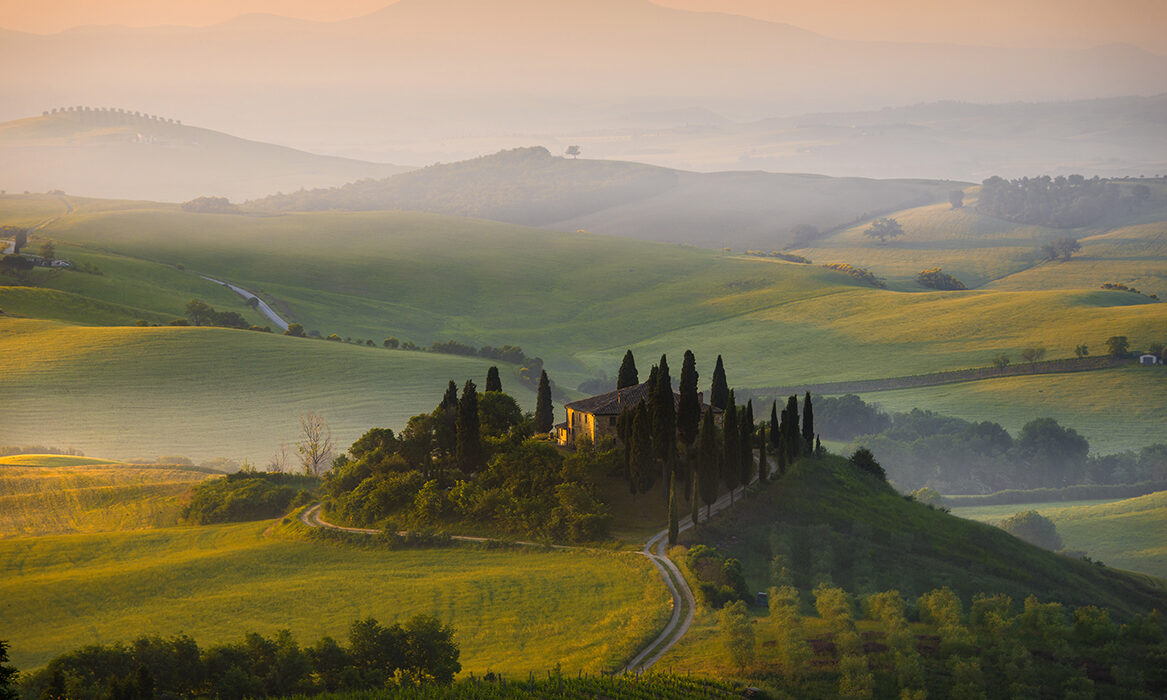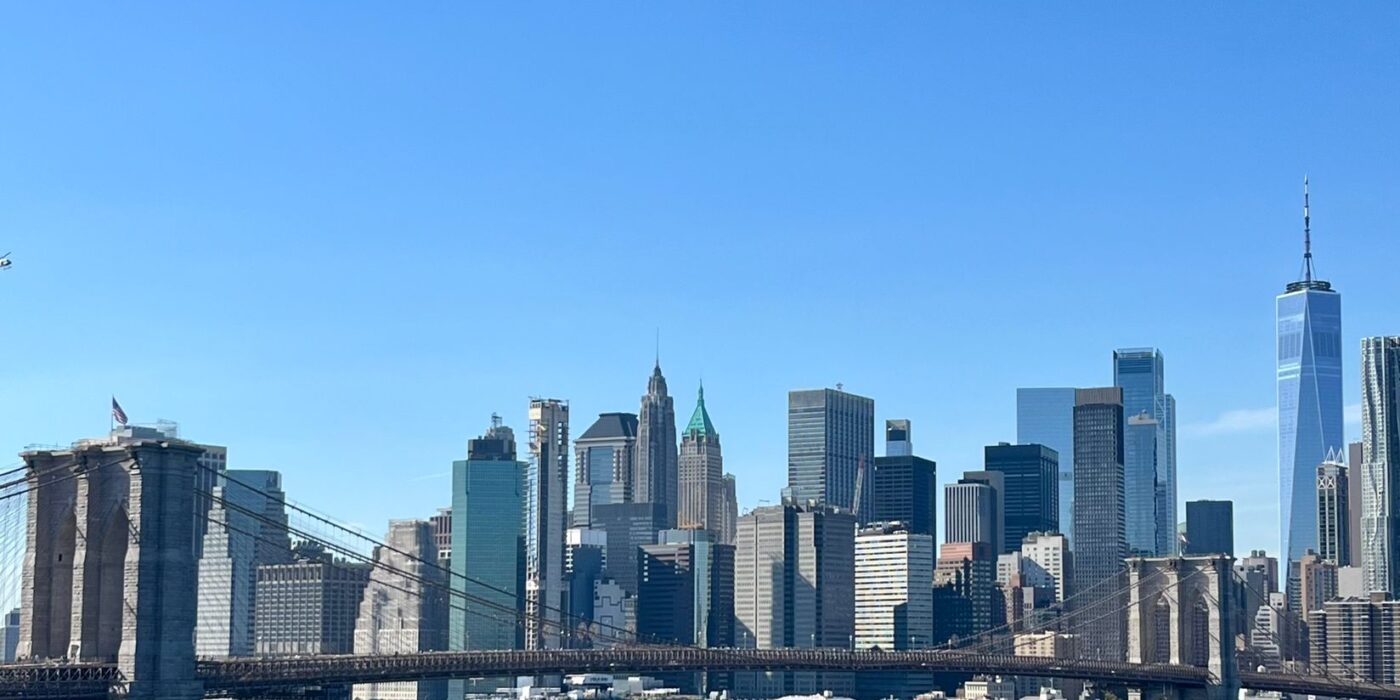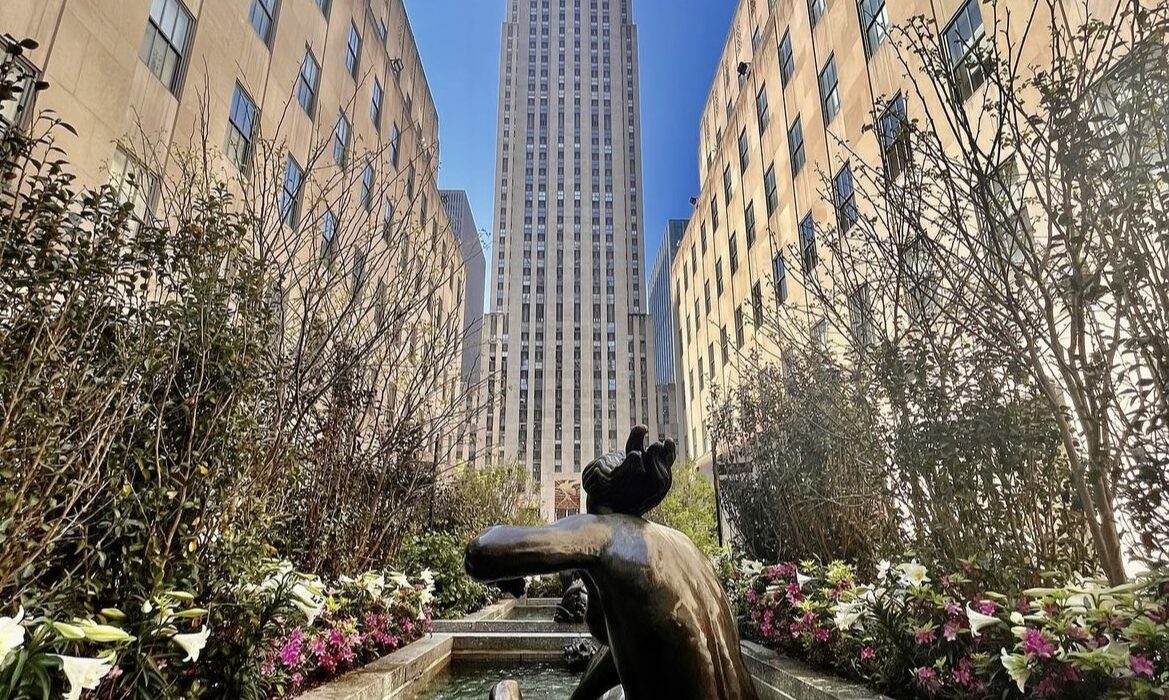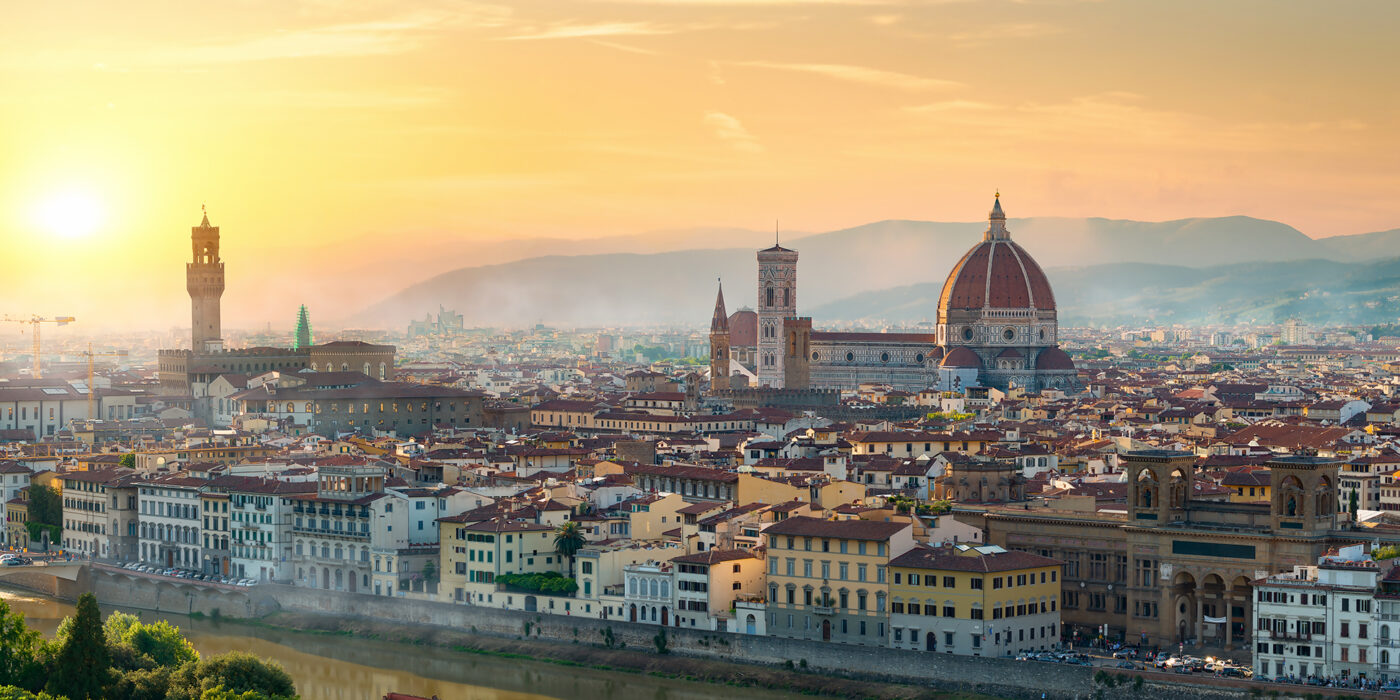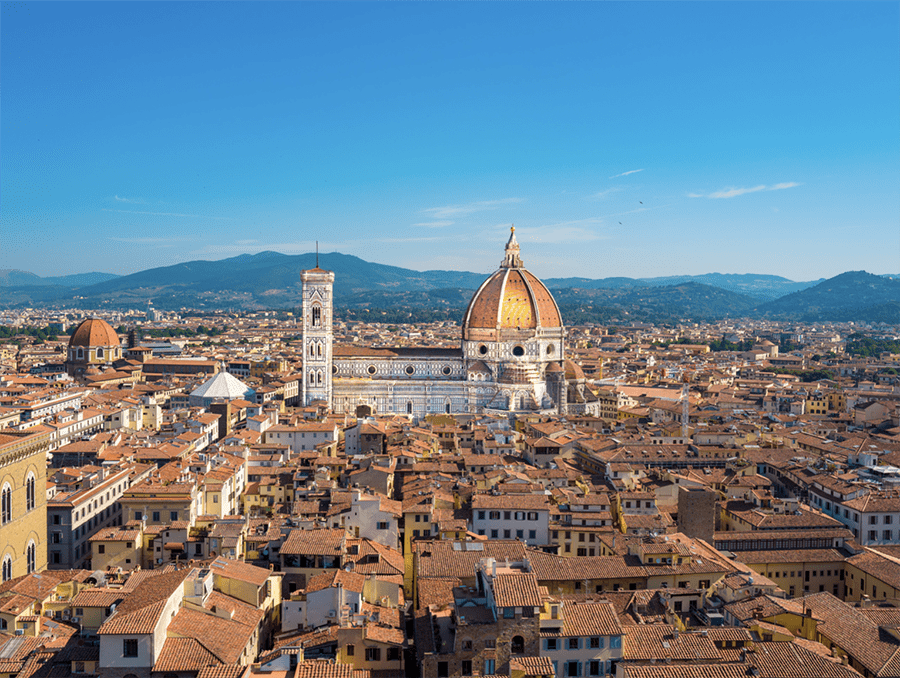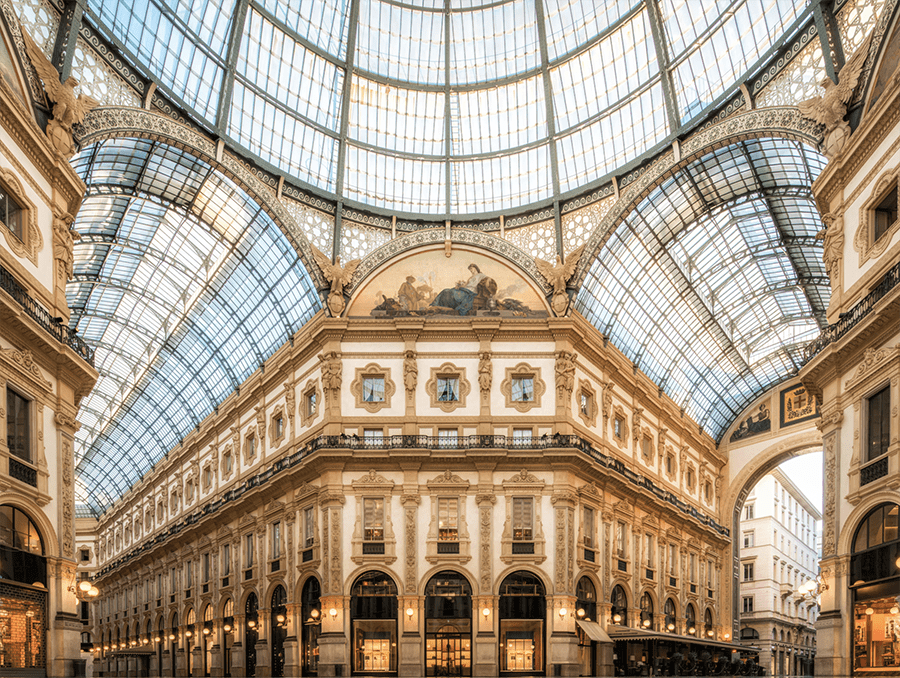Manhattan’s Next Mega-Development: A $1.35B Mixed-Use Tower Complex Aims To Reshape Hudson Yards
In a bold move that signals New York City‘s continued appetite for ambitious real estate ventures, a powerhouse consortium of developers has secured rights to build a $1.35 billion twin-tower complex in Manhattan’s Hudson Yards district. The project, dubbed HDSN, represents one of the most significant developments in the area since the original Hudson Yards transformation began over a decade ago.
Governor Kathy Hochul’s selection of the Hudson Boulevard Collective—an alliance of real estate heavyweights BRP Companies, BXP, The Moinian Group, and Urbane Development—marks a watershed moment in the city’s push to address its housing crisis while maintaining its reputation for architectural innovation.
The development will rise on a prime full-block site across from the Javits Center, known as Site K, with plans that push the boundaries of New York’s traditional zoning constraints. In what developers are calling a historic breakthrough, HDSN will become the first project in over 60 years to exceed a residential floor area ratio of 12.0, thanks to recent housing reforms championed by Governor Hochul.
The project’s centerpiece, a soaring 72-story residential tower, will bring 1,349 units to market, with nearly one-third—404 units—designated as permanently affordable housing. Its companion, a 28-story hotel tower, will add 455 rooms to the city’s hospitality inventory, catering to the steady stream of convention-goers and tourists in the area.
But HDSN’s ambitions extend beyond just housing and hospitality. The development’s five-story podium is set to become a cultural and community nucleus, anchored by the Climate Museum—a fitting tenant as developers and cities grapple with sustainable urban development. The space will also house an Emma’s Torch culinary training facility, providing workforce development opportunities, and a Life Time fitness center, addressing the growing demand for wellness amenities in luxury developments.
“HDSN represents more than just another real estate project,” says BRP Companies’ co-founder and managing partner Geoff Flournoy. “We’re creating a blueprint for how private development can help solve public challenges, from housing affordability to climate education to workforce development.”
The development’s timing couldn’t be more strategic. As New York City continues to grapple with a severe housing shortage and rising rents, HDSN’s substantial affordable housing component could provide a template for future large-scale developments. Moreover, its location in Hudson Yards—already home to some of the city’s most ambitious real estate projects—suggests continued confidence in the neighborhood’s long-term prospects.
For investors and real estate watchers, HDSN bears watching not just for its scale, but for how it navigates the complex intersection of private development, public policy, and community needs. As New York City’s real estate market continues to evolve post-pandemic, projects like HDSN may well define the next chapter of urban development in America’s largest city.
Source: New York Yimby

